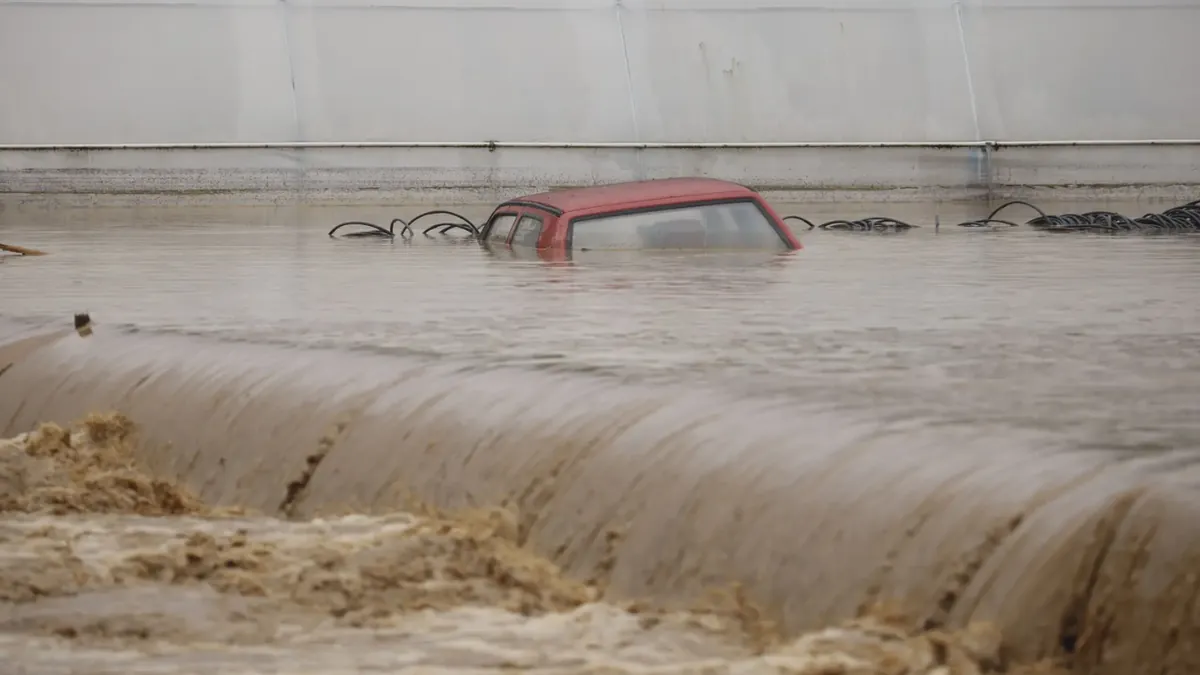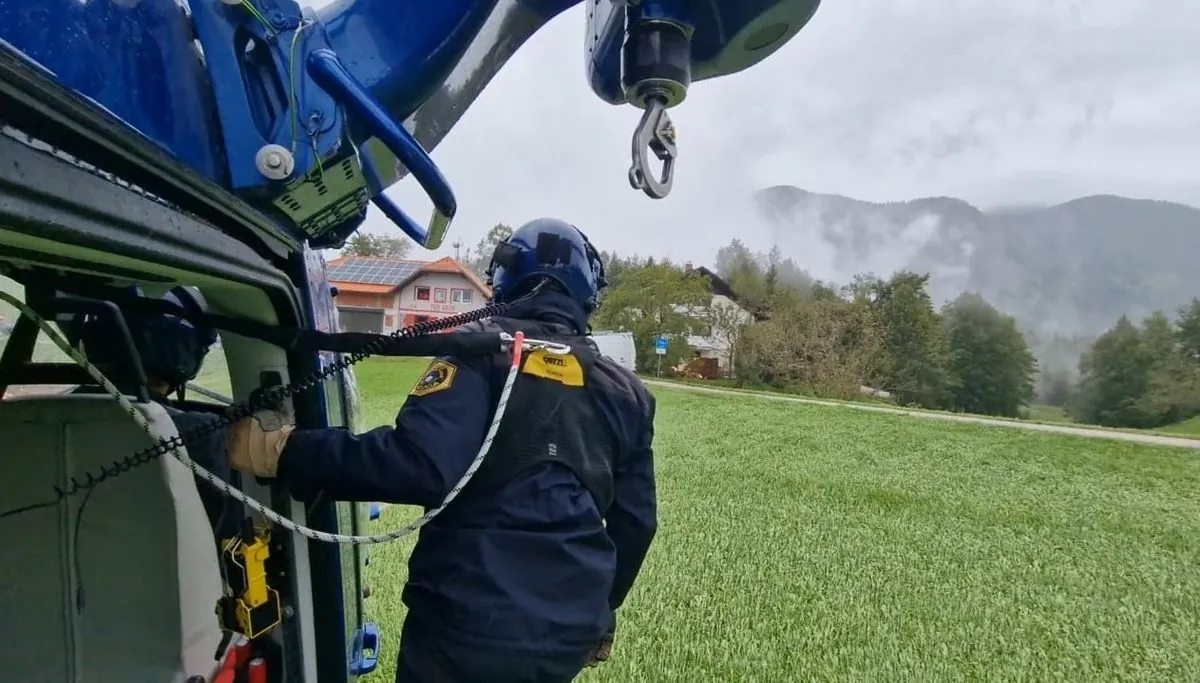Deadly Floods Ravage Bosnia, Prompting Military Response
Severe flooding in Bosnia claims lives, cuts off Jablanica. Military deployed for rescue operations as neighboring countries brace for extreme weather. Clean-up begins in affected areas.

On October 4, 2024, Bosnia and Herzegovina faced a severe weather crisis as torrential rains triggered flash floods and landslides across its central and southern regions. The disaster has had devastating consequences, particularly in the municipality of Jablanica, located approximately 70 km southwest of Sarajevo, the nation's capital.
According to Majda Kovac, a spokesperson for the civil protection office of the Bosniak-Croat federation, at least five individuals are feared to have lost their lives in the floods. The situation in Jablanica is particularly dire, with the area completely isolated due to extensive damage to roads and railway lines.
In response to the crisis, Bosnia and Herzegovina's tripartite presidency has taken swift action, authorizing military assistance for the affected regions. Zukan Helez, the country's Defense Minister, reported that local authorities in Jablanica had requested air force support to evacuate a child, highlighting the severity of the situation.

The civil protection office has initiated evacuation procedures in the impacted municipalities. Among those evacuated were 17 individuals from a mental health facility, underscoring the urgency of the situation.
Bosnia and Herzegovina, a country with a complex political structure established by the Dayton Agreement in 1995, is no stranger to natural disasters. Its predominantly mountainous terrain makes it susceptible to landslides, while its continental climate can lead to extreme weather events. The nation has been working to improve its disaster preparedness and response capabilities, a crucial effort in light of the increasing frequency and intensity of extreme weather events due to climate change.
The flooding has also affected the town of Kiseljak, situated about 20 km west of Sarajevo. By midday, floodwaters had largely receded in this area, leaving residents to contend with the aftermath of mud and debris.
"According to unofficial information, five people lost their lives in floods."
This disaster serves as a stark reminder of the challenges Bosnia and Herzegovina faces, not only in terms of natural hazards but also in its ongoing recovery from the devastating war of 1992-1995. The country's economy, still rebounding from the conflict and transitioning to a market-based system, may face additional setbacks due to this latest calamity.
As Bosnia and Herzegovina grapples with this crisis, its neighbors are also on high alert. Authorities in Croatia, Montenegro, and Serbia have issued severe weather warnings for their respective regions, indicating the widespread nature of this weather system.
The flooding in Bosnia and Herzegovina highlights the importance of regional cooperation in disaster response and the need for continued investment in infrastructure and emergency preparedness. As a potential candidate for European Union membership, the country's handling of this crisis may have implications for its future integration efforts.
As clean-up efforts begin in areas where floodwaters have receded, the full extent of the damage remains to be seen. The coming days will be crucial for rescue operations, damage assessment, and the initiation of recovery efforts in this Balkan nation still striving to overcome the challenges of its recent past.


































